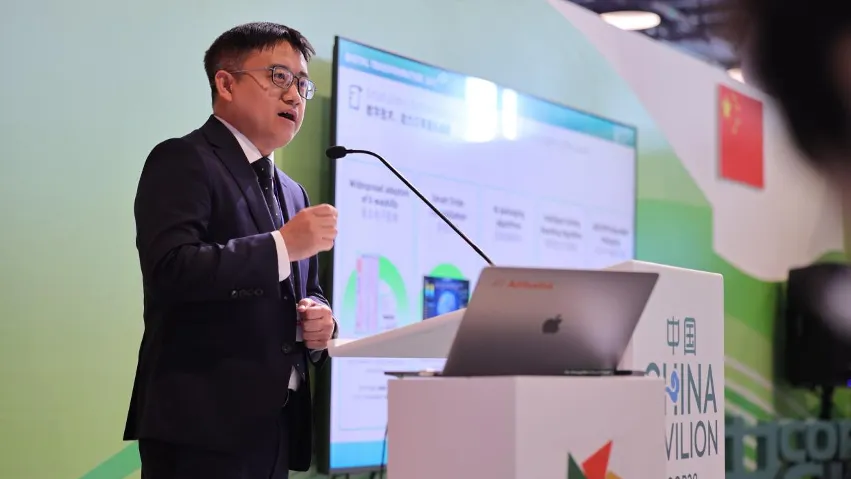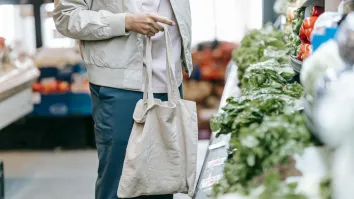
COP28: Alibaba Group reveals green initiatives including using AI to reduce packaging materials
The e-commerce firm seeks to reduce packaging materials by 15%.
Alibaba Group introduced its green initiatives at the United Nations Framework Convention on Climate Change (COP28) in Dubai, which include using AI to cut packaging materials.
All businesses under the e-commerce group have planned to leverage their businesses to commit to the company’s overall sustainable goals.
Several of Alibaba’s green initiatives involve company innovations, such as the push for green logistics, the promotion of “reusing” practices, the increase in conservation, and the push for climate-sensitive farming.
To commit to green logistics, Alibaba has pushed for the integration of AI into a smart-boxing algorithm, reducing material use by 15% and lessening the use of 80 million cartons in circulation.
Niu Zhijing, Group Vice President of Cainiao, has revealed that the logistics network has saved over 400 billion of paper over the last three years from its adoption of electronic documentation. In addition, it has reused around 33,000 boxes, which were recycled over 130,000 times throughout the year, ending in March 2023.
For its promotion of “reusing” practices, Xianyu serves as a platform for 500 million users who are searching for used goods and second-hand clothes. The channel has been responsible for cutting 3.14 million tonnes of emissions, as recorded until 31 March 2023. It aims to grow to nearly 1 billion users and support its goals of over 55 million tonnes of cut emissions.
ALSO READ: Central Retail’s food business pushes sustainability with EV delivery trucks
As for Alibaba’s push for its services to support sustainability, the food delivery app Ele.me has been making the rounds for its push to curb plastic waste. Several of its accomplishments are its “nudges” for the option of disposable cutlery (which increased utensil-free delivery by 648% and over 1.7 billion orders without cutlery), the option of smaller options and group ordering in urbanised areas.
As a step forward, Ele.me will set out its initiatives towards paperless receipts, bamboo-based takeout packages and several low-carbon products.
Alibaba has also invested in farmers struggling with climate-related circumstances through the tech-powered grocery chain Freshippo. The platform has made specific efforts to protect local agriculture, recruiting farmers in Mongolia to employ carbon-neutral production. The Alibaba Cloud platform has also allowed the group to leverage digital technology for its decarbonisation efforts and its promotion to other businesses.
Through these initiatives, Alibaba is on its way to succeeding in its long-term and steadfast sustainable goals.



















 Advertise
Advertise






